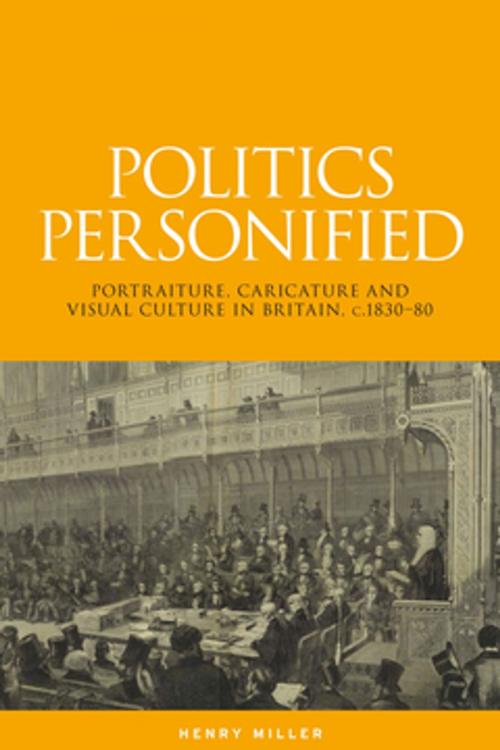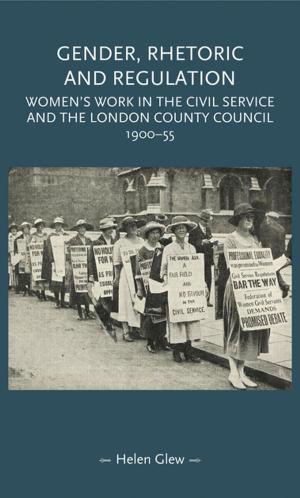Politics personified
Portraiture, caricature and visual culture in Britain, c.1830–80
Nonfiction, Art & Architecture, General Art, Art History, Business & Finance| Author: | Henry Miller | ISBN: | 9781526111708 |
| Publisher: | Manchester University Press | Publication: | May 16, 2016 |
| Imprint: | Manchester University Press | Language: | English |
| Author: | Henry Miller |
| ISBN: | 9781526111708 |
| Publisher: | Manchester University Press |
| Publication: | May 16, 2016 |
| Imprint: | Manchester University Press |
| Language: | English |
The remarkable popularity of political likenesses in the Victorian period is the central theme of this book, which explores how politicians and publishers exploited new visual technology to appeal to a broad public. The first study of the role of commercial imagery in nineteenth-century politics, Politics personified shows how visual images projected a favourable public image of politics and politicians. Drawing on a vast and diverse range of sources, this book highlights how and why politics was visualised. Beginning with an examination of the visual culture of reform, the book goes on to study how Liberals, Conservatives and Radicals used portraiture to connect with supporters, the role of group portraiture, and representations of Victorian MPs. The final part of the book examines how major politicians, including Palmerston, Gladstone and Disraeli, interacted with mass commercial imagery. The book will appeal to a broad range of scholars and students across political, social and cultural history, art history and visual studies, cultural and media studies and literature.
The remarkable popularity of political likenesses in the Victorian period is the central theme of this book, which explores how politicians and publishers exploited new visual technology to appeal to a broad public. The first study of the role of commercial imagery in nineteenth-century politics, Politics personified shows how visual images projected a favourable public image of politics and politicians. Drawing on a vast and diverse range of sources, this book highlights how and why politics was visualised. Beginning with an examination of the visual culture of reform, the book goes on to study how Liberals, Conservatives and Radicals used portraiture to connect with supporters, the role of group portraiture, and representations of Victorian MPs. The final part of the book examines how major politicians, including Palmerston, Gladstone and Disraeli, interacted with mass commercial imagery. The book will appeal to a broad range of scholars and students across political, social and cultural history, art history and visual studies, cultural and media studies and literature.















